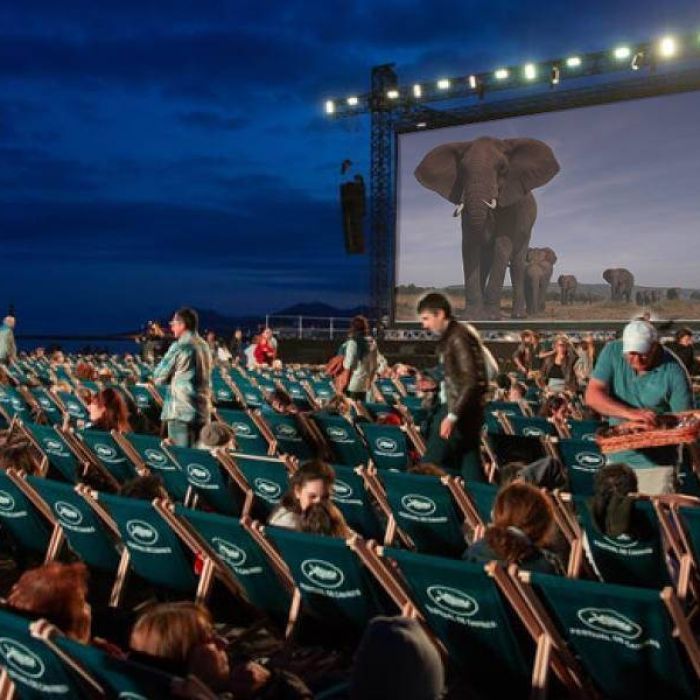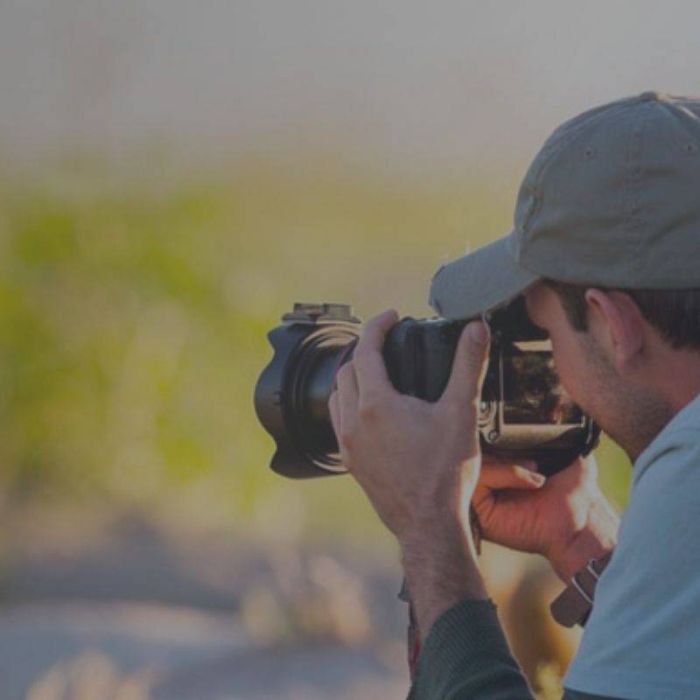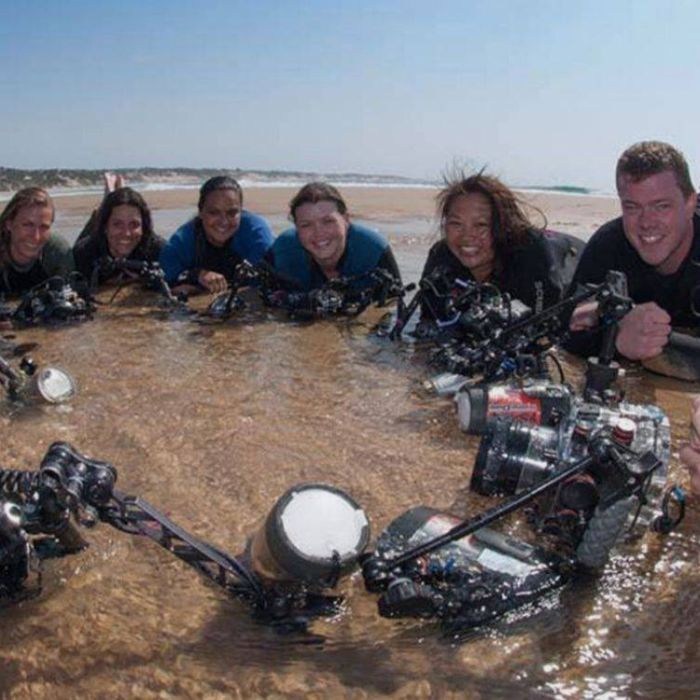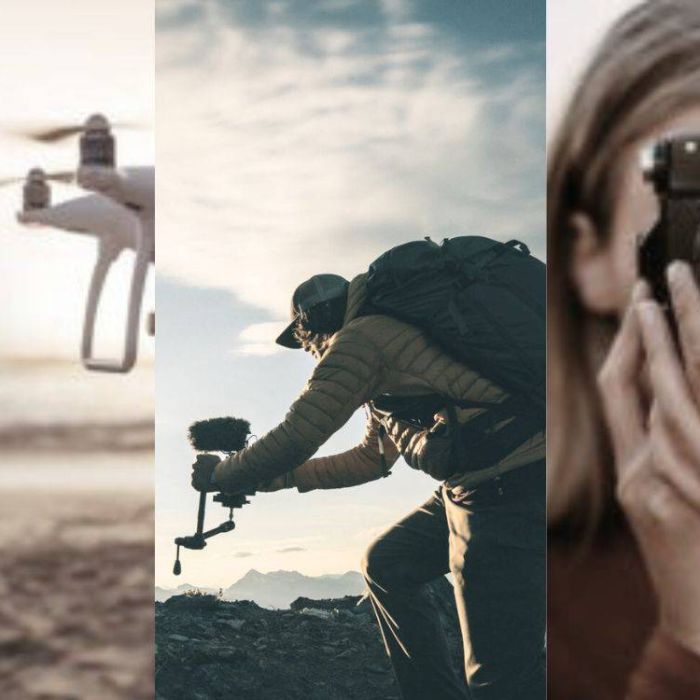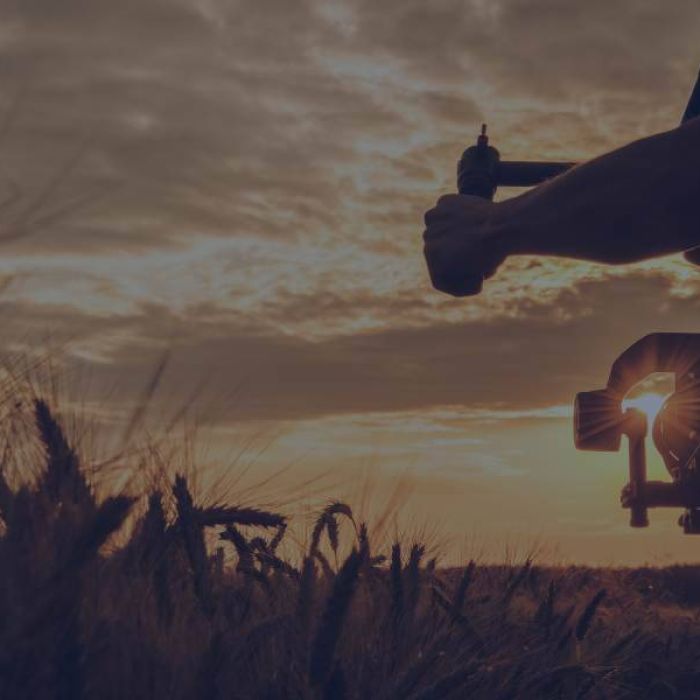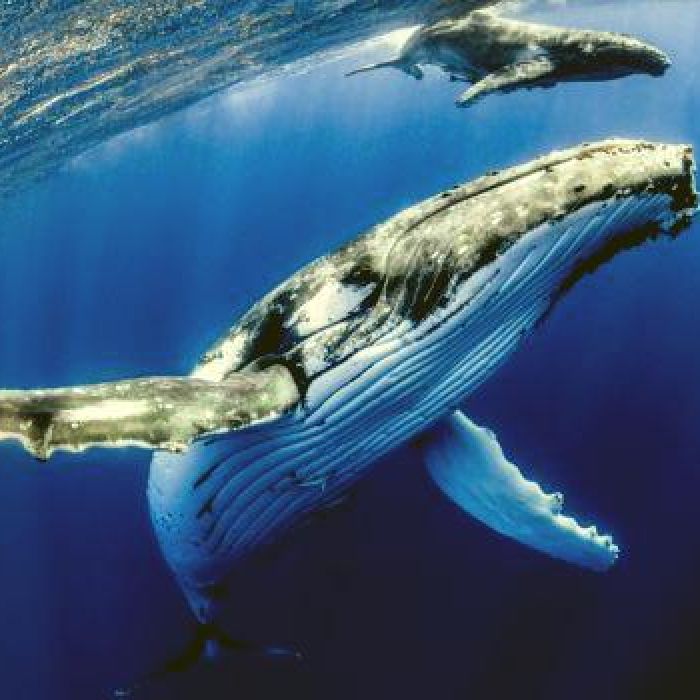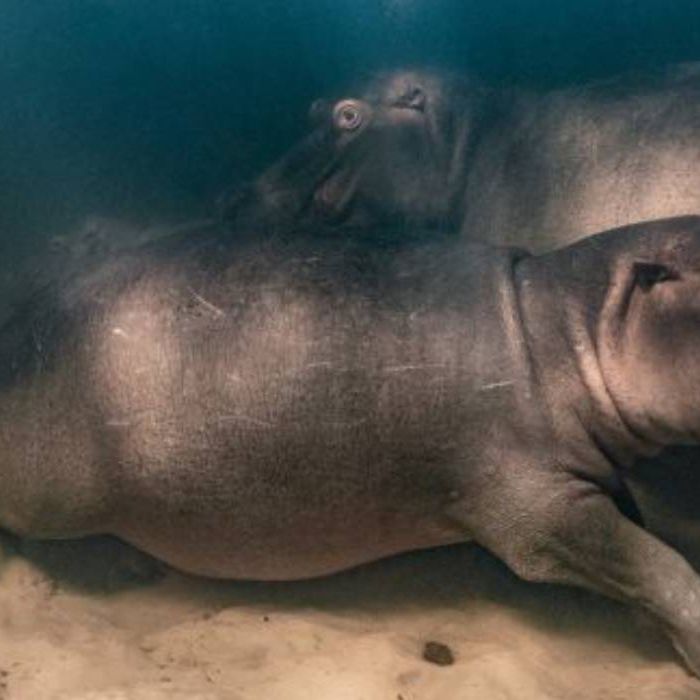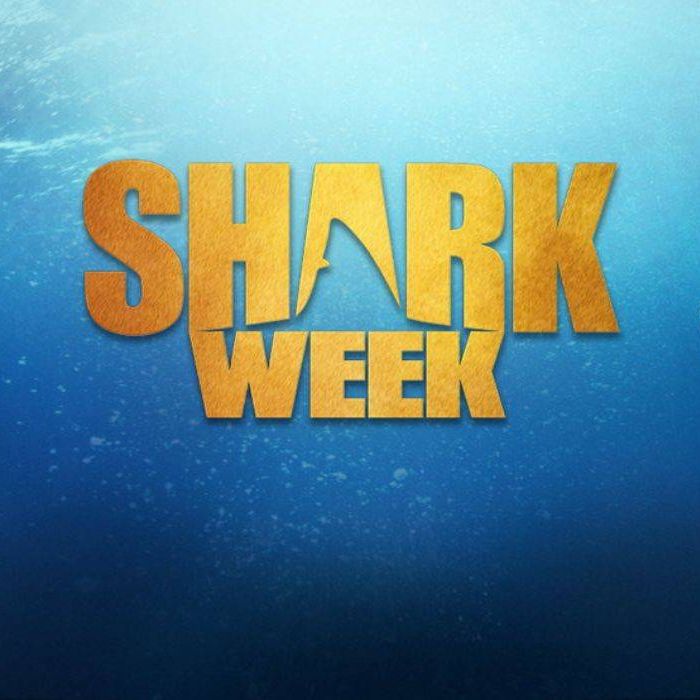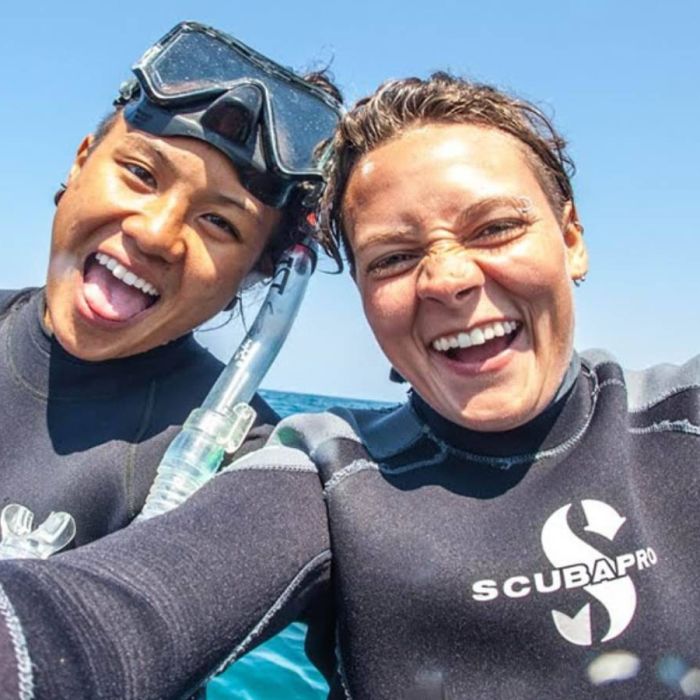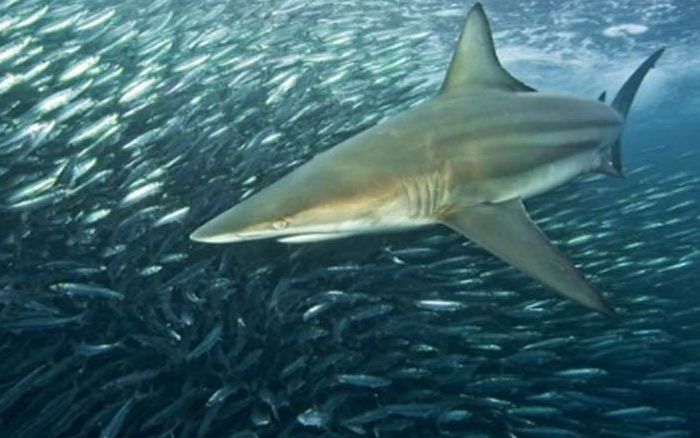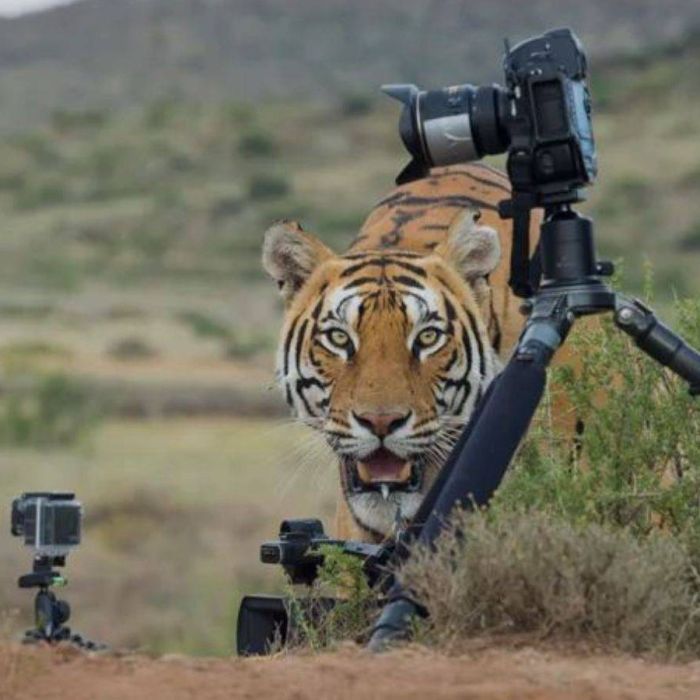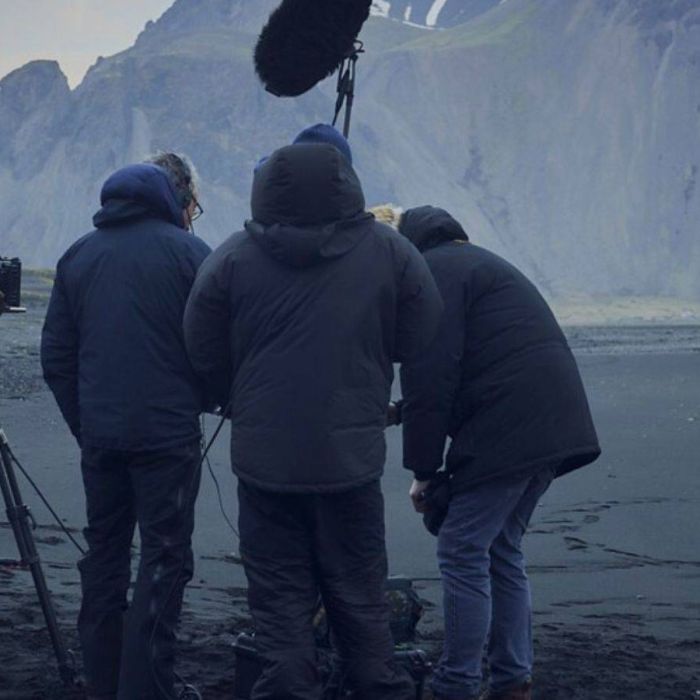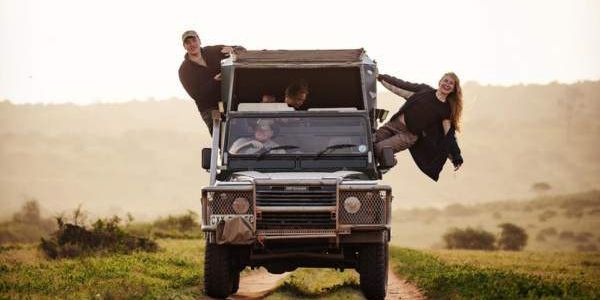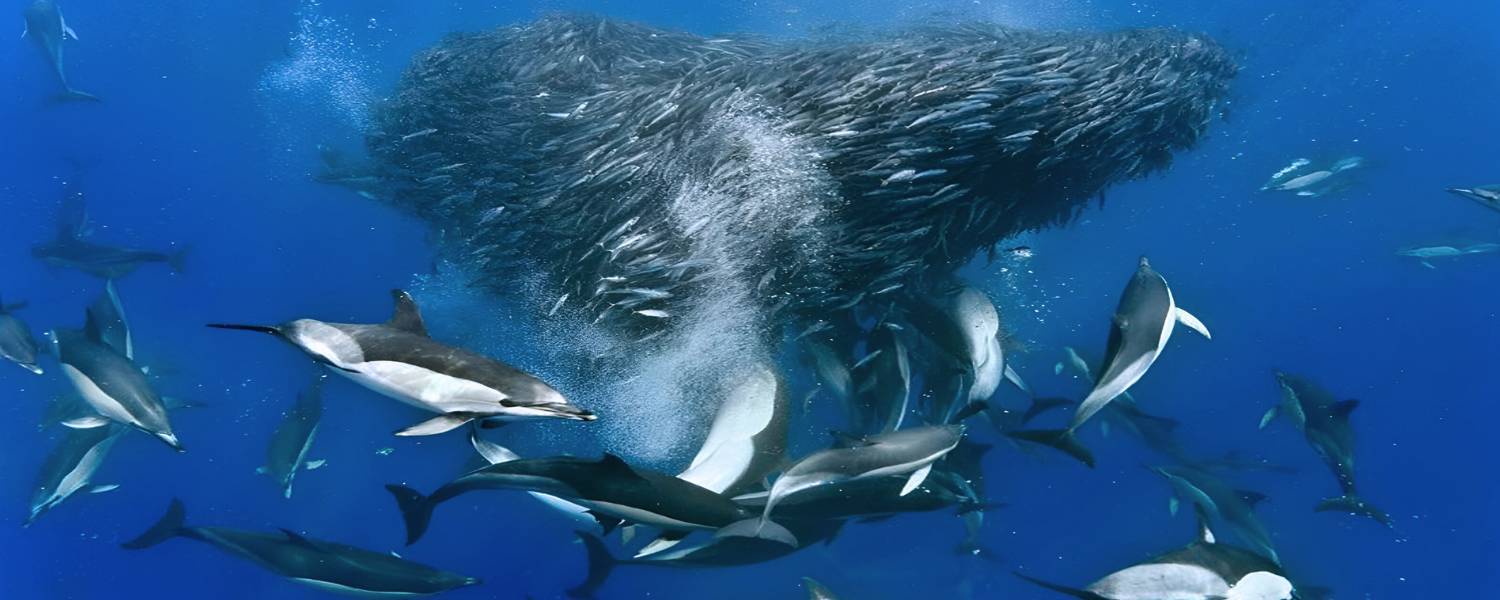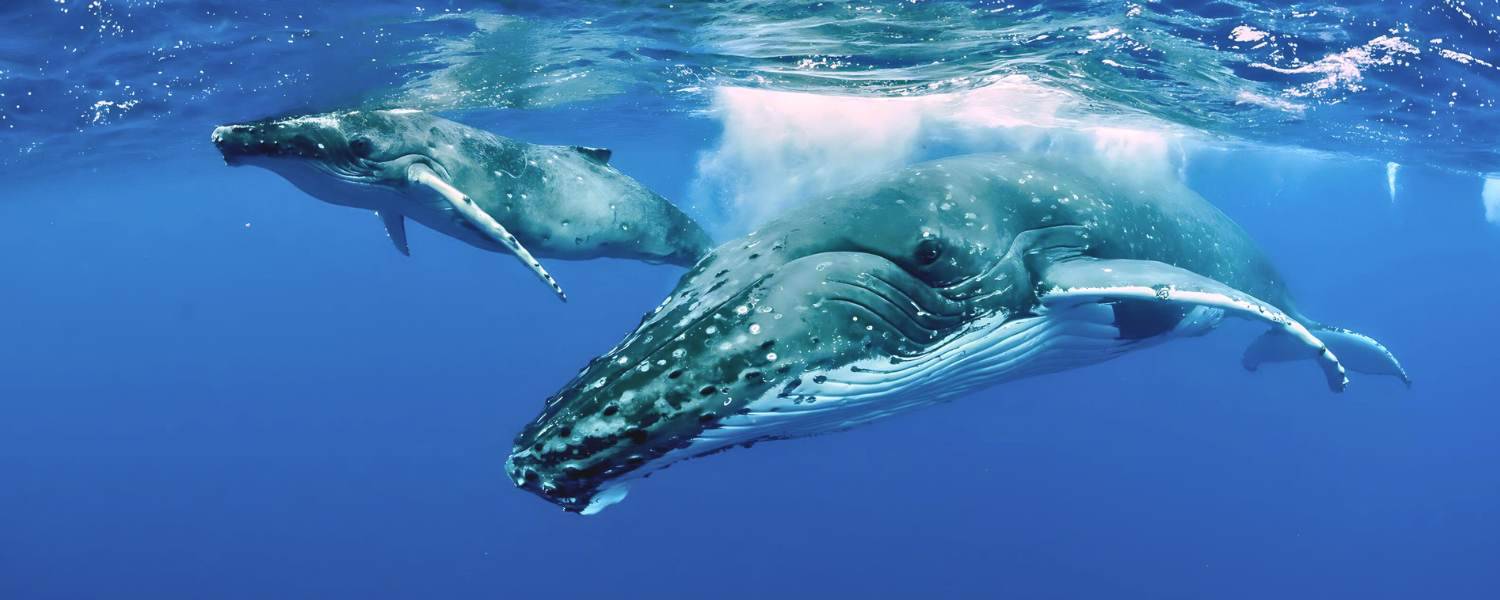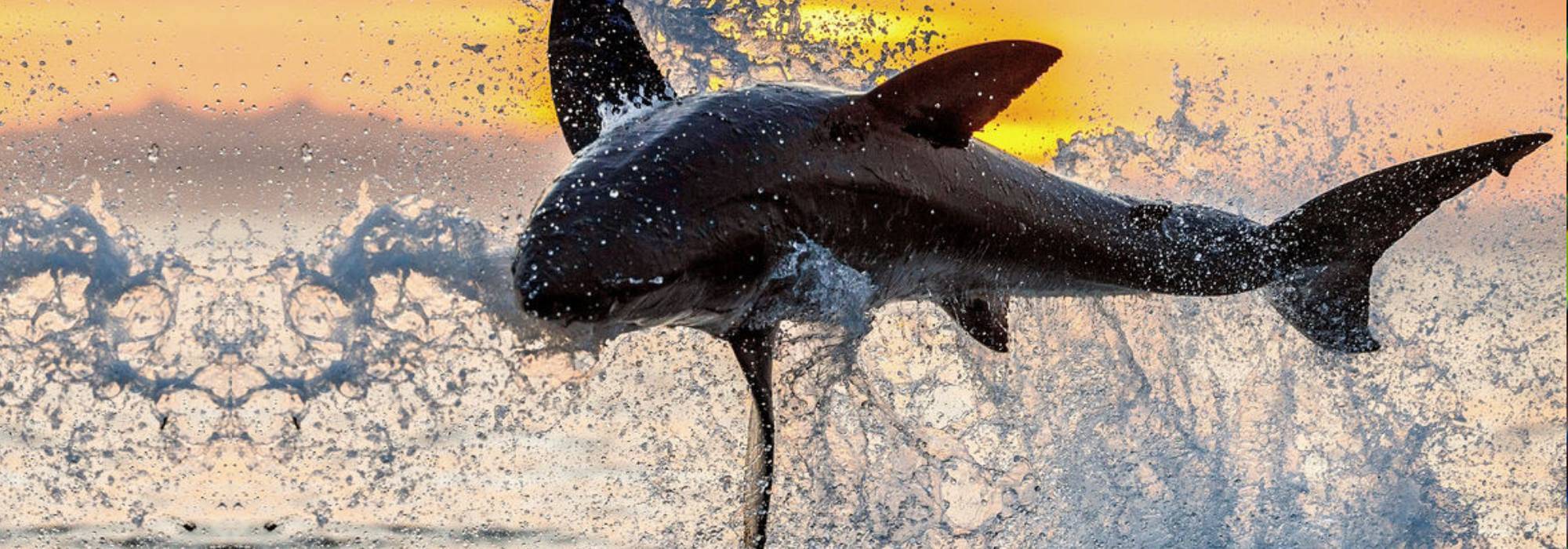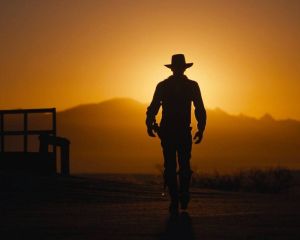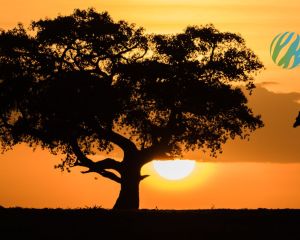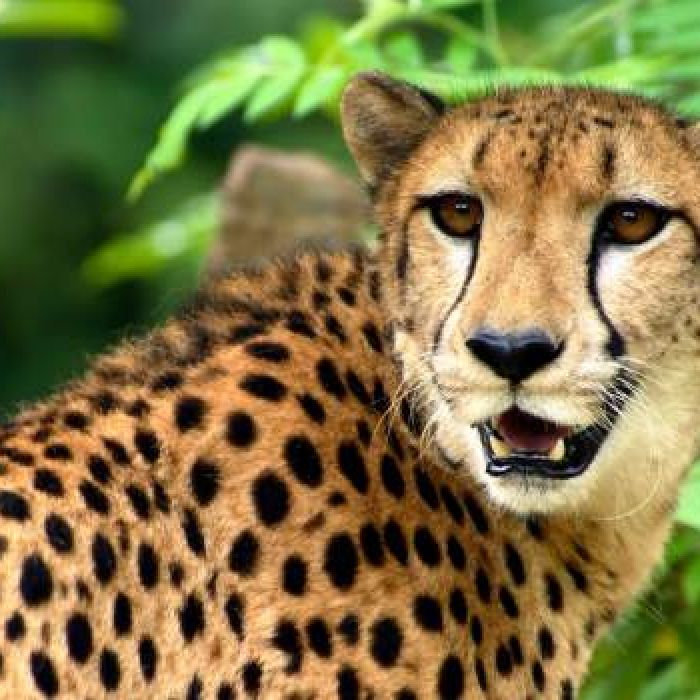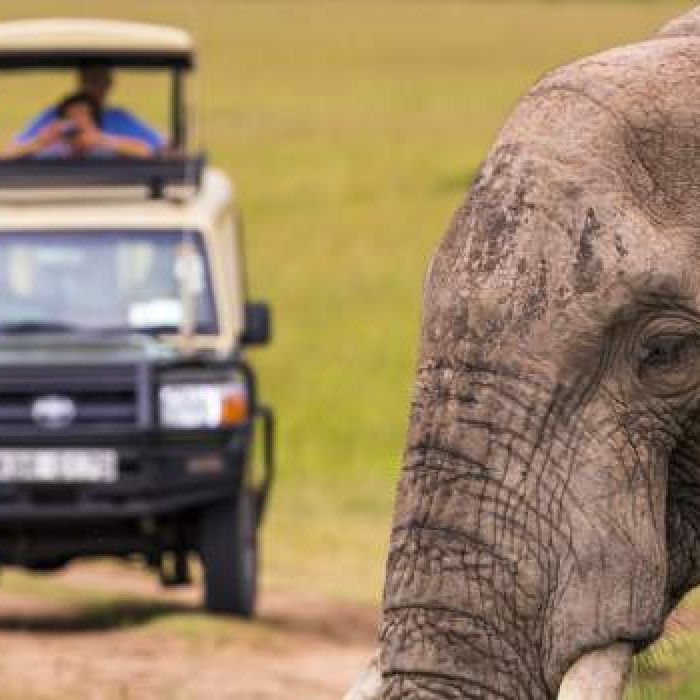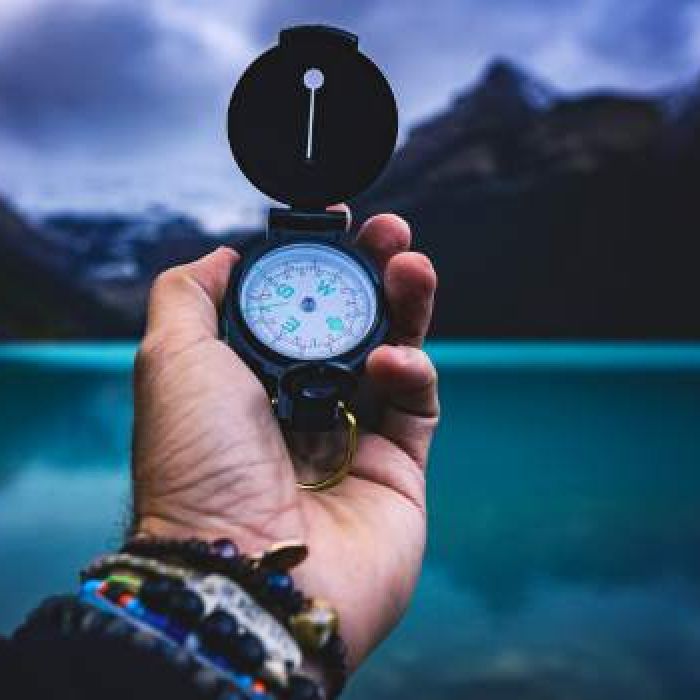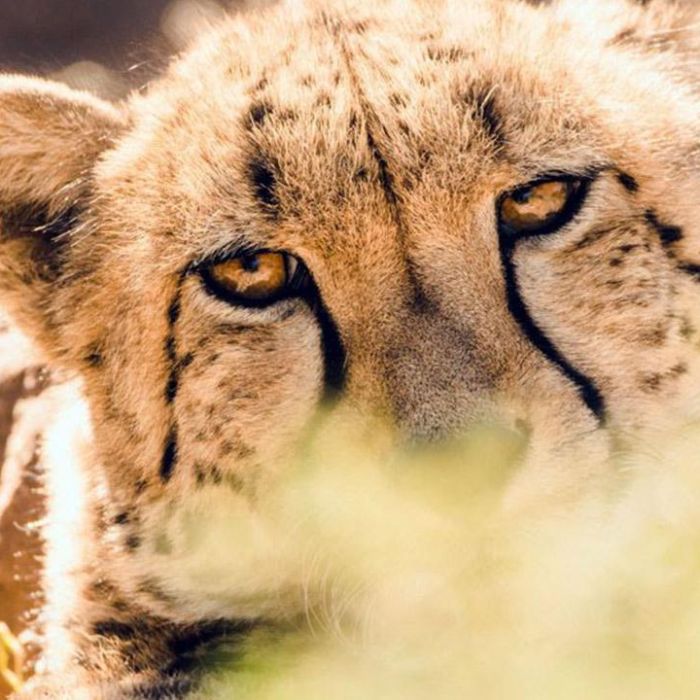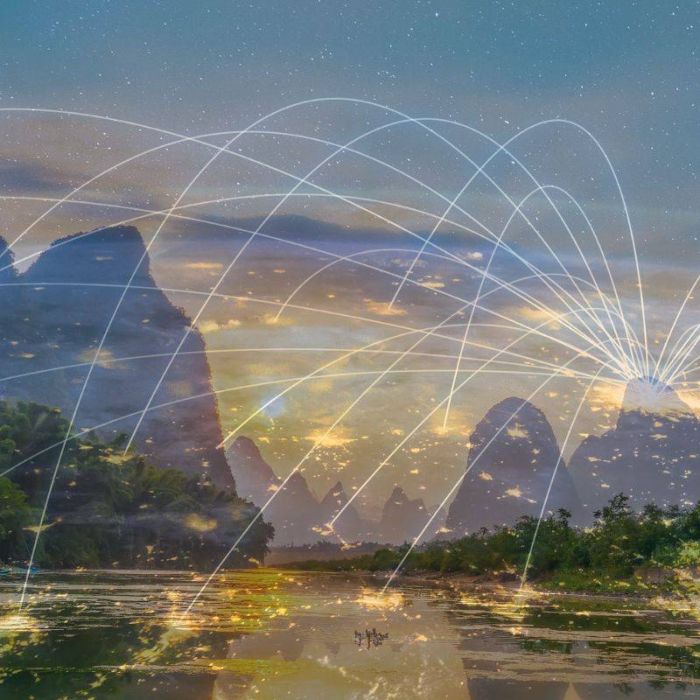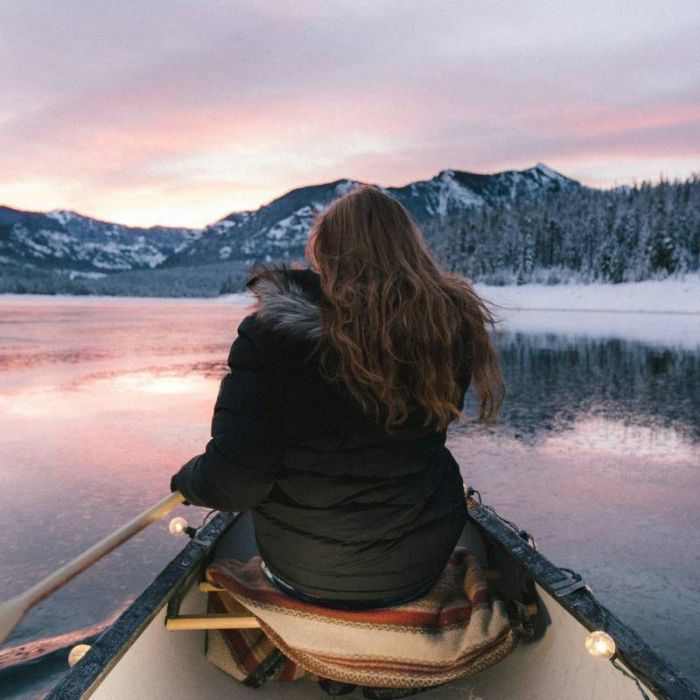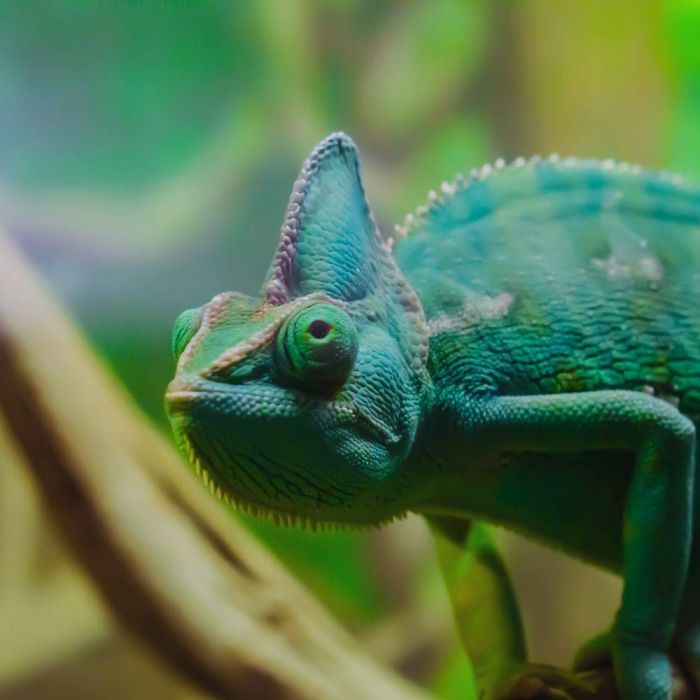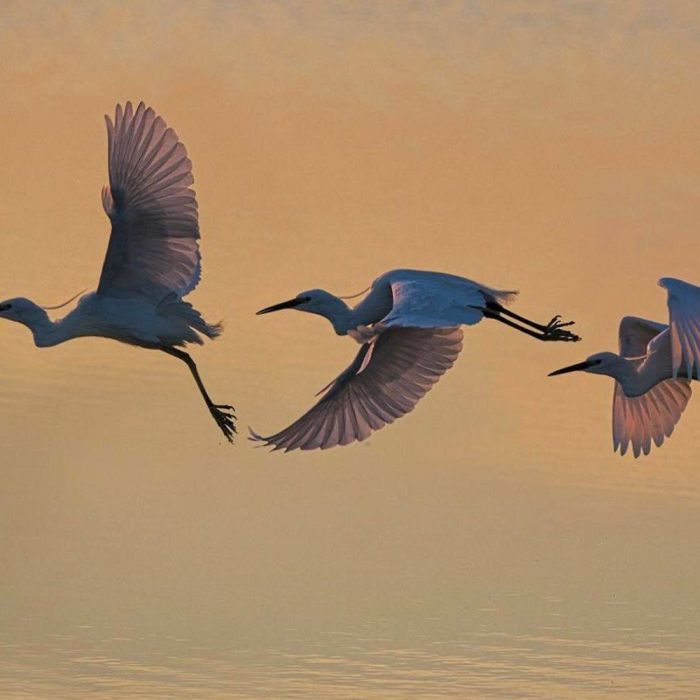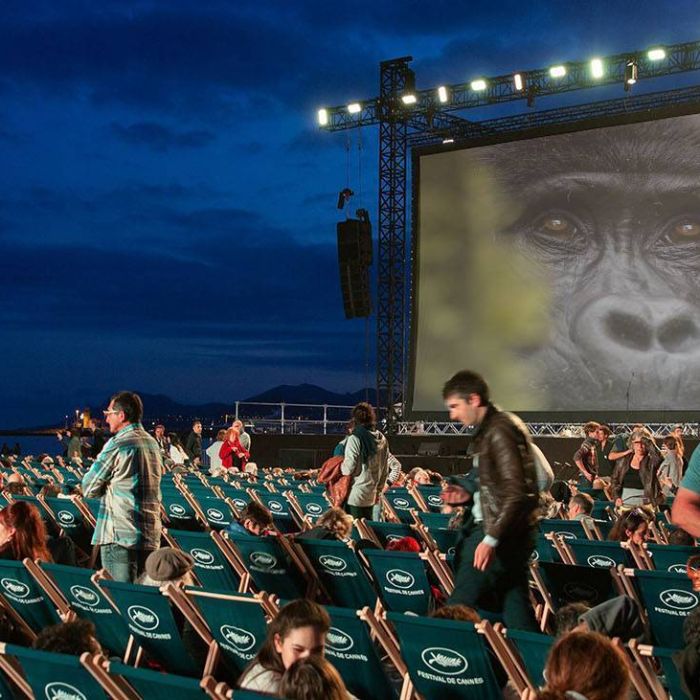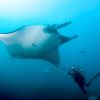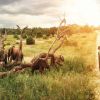Partner content
Advertise here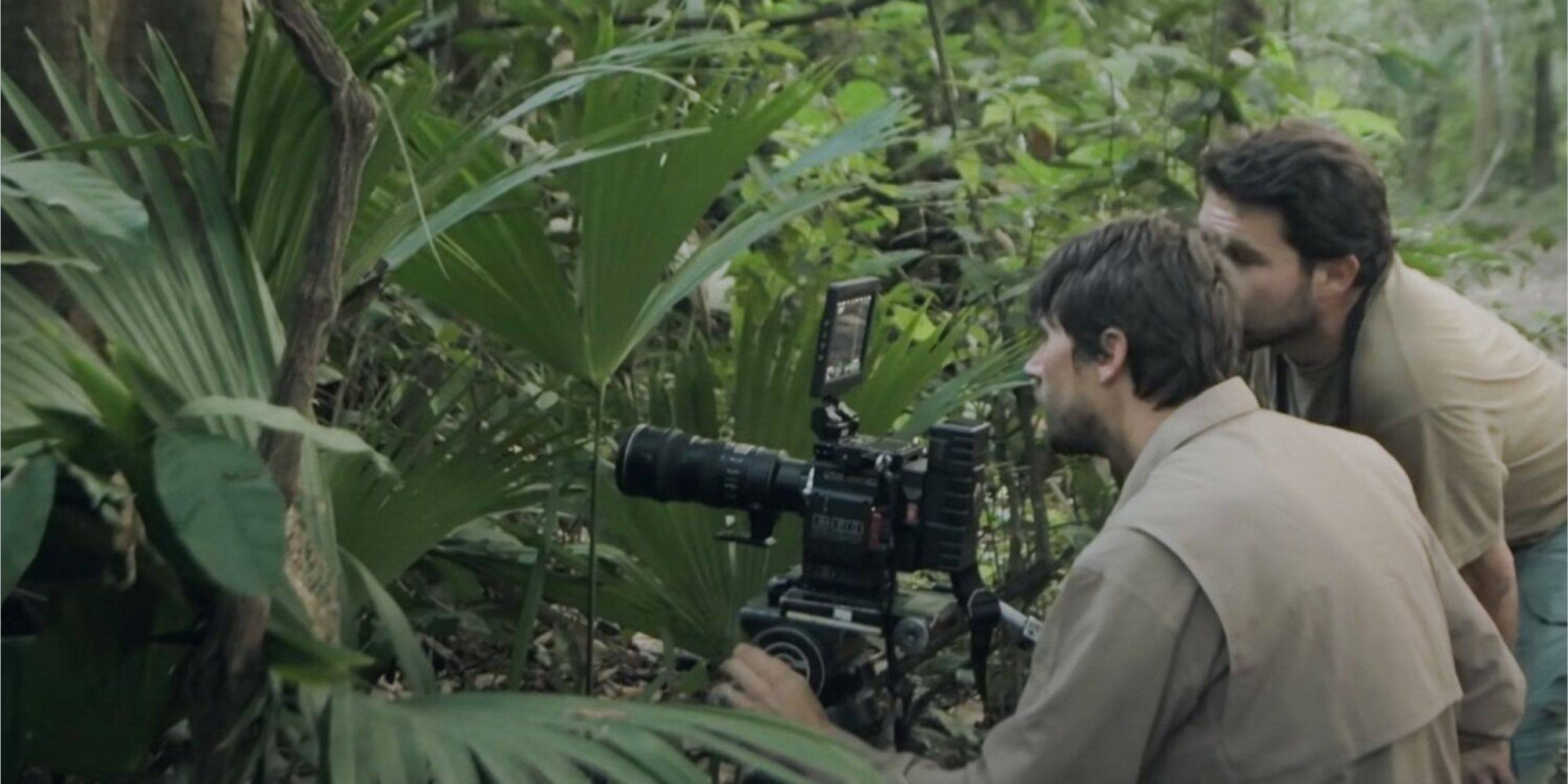
- Develop your skills. The first step is to develop your skills as a filmmaker. This includes learning how to use cameras, lighting, and editing software. You can take classes, read books, or watch online tutorials to learn the basics. If you are reading this, then maybe consider scouring Gloworm’s online course database or practical training program database for an inspiring training program to hone your skills.
- Get experience. Once you have some basic skills, start getting experience by volunteering or working on small projects. This will help you build your portfolio and learn the ropes of the industry.
- Network with other filmmakers. Attend industry events, join online forums, and reach out to other filmmakers. This will help you stay up-to-date on the latest trends and learn from people who are already working in the field. Gloworm, is the online community of wildlife and natural history filmmakers, and a perfect platform to begin your networking plan.
- Find a mentor. Find a filmmaker who is willing to mentor you and provide guidance. This can be a great way to learn the ropes and get your foot in the door.
- Pursue internships and fellowships. Internships and fellowships are a great way to get experience and learn from some of the best in the business. These opportunities are often competitive, so make sure you have a strong portfolio and a well-written application.
- Create your own projects. The best way to get noticed in the wildlife filmmaking industry is to create your own projects. This could be a short film, a documentary, or a web series. Whatever you choose, make sure it’s something that you’re passionate about and that showcases your skills. Ensure that you put your projects out there – consider YouTube or Vimeo
- Promote your work. Once you’ve created your project, it’s important to promote it. This could involve submitting it to film festivals, entering it in competitions, or posting it online.
- Be persistent. Building careers in wildlife filmmaking takes time and effort. Don’t get discouraged if you don’t get your big break right away. Just keep working hard and you’ll eventually reach your goals.

Partner content
Advertise hereWildlife filmmaking is a rewarding career that allows you to explore the natural world and share your passion with others. Whilst careers in wildlife filmmaking are diverse and challenging, if you’re willing to put in the work, it’s a great way to make a difference in the natural world we live in.


